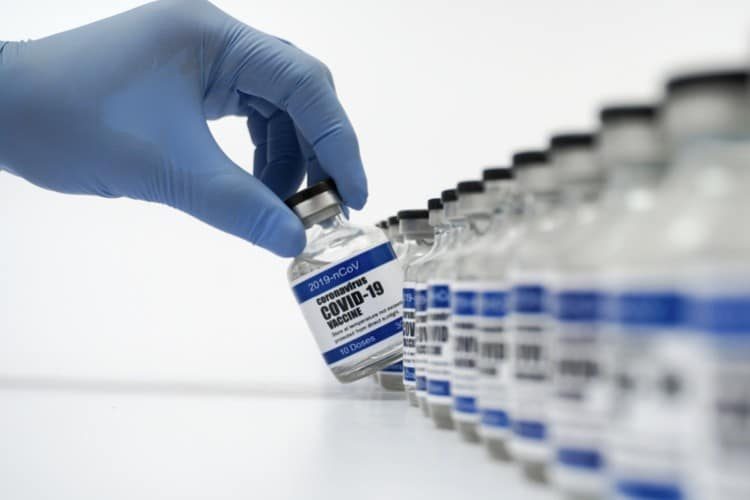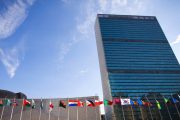
Problems continue to mount for the experimental COVID-19 vaccine from British-Swedish pharmaceutical company AstraZeneca. Yesterday, the U.K.’s Medicines and Healthcare products Regulatory Agency (MHRA) reported an additional 41 cases of a rare blood-clotting disorder, which occurred after patients were given doses of the AstraZeneca vaccine.
The MHRA reported that, as of April 21, 209 cases of major thromboembolic events occurring concurrently with low platelet counts after vaccination with the AstraZeneca vaccine. The regulator reports that the blood clots have occurred in 120 women and 89 men between the ages of 18 and 93, with 41 deaths resulting from these cases — a fatality rate of 19 percent in the incidents reported.
The MHRA and other health regulatory agencies have been keeping a close eye on blood-clotting events associated with the AstraZeneca vaccine since the issue was first noted in early March 2021. Out of some 22 million doses administered in the U.K., thus far only these 209 cases have been reported, meaning the risk of getting these rare blood clots may be small but still present.
“On the basis of this ongoing scientific review, it has concluded that the evidence of a link with COVID-19 Vaccine AstraZeneca is stronger, but more work is still needed,” the MHRA update states.
Just less than two weeks ago, Australian authorities concluded that a link between the blood-clot death of a New South Wales woman and the AstraZeneca vaccine was “likely.”
Denmark banned the use of the AstraZeneca vaccine on April 14, citing a “known risk of severe side effects.” While, thus far, only Denmark has barred the vaccine, dozens of nations have issued a pause on using it. The U.K. and Australia are recommending that younger patients receive a different shot instead of the AstraZeneca offering.
As the embattled drug-maker fights the perception that its vaccine may not be safe, it’s fighting on other fronts as well.
The European Union (EU) is suing the company over its promise to make its “best reasonable efforts” to deliver 300 million doses of the vaccine between December of 2020 and June of 2021. Of those 300 million promised doses, AstraZeneca only expects to deliver approximately 100 million.
AstraZeneca has called the EU’s charges meritless and vows vigorously to defend itself in court proceedings, which began Wednesday in Brussels.
AstraZeneca’s chief executive Pascal Soriot defended the company and said it is doing its “very best” to make as many vaccines as quickly possible.
“We never pretended we were going to be perfect and certainly, we’ve learned a few things along the way. We don’t regret anything because we look forward, not backward,” Soriot said. “We did our very best to help the world, and overall the team should be proud of the difference we’ve made and lives we’ve saved.”
AstraZeneca blames much of the shortages on production problems at one of its plants in Belgium, which was expected to handle much of the EU’s supply of the vaccine. In addition to those issues, the Serum Institute in India, which is expected to produce one billion doses of the vaccine, is currently unable to export any shots owing to a surge in coronavirus cases in that country.
“The pandemic in India has really exploded and it’s something that has caught many by surprise,” Soriot said. “It’s not clear yet when it will be possible to export again (from India).”
Soriot said the EU was never promised a certain amount of vaccines but told what they could expect, based on the number of vaccines projected to be made.
“We never over-promised; we communicated what we thought we would achieve at the time,” Soriot said, adding that AstraZeneca still expected to ship to the EU by the end of April.
Meanwhile, despite having given some 300 million doses of its vaccine to 165 countries, AstraZeneca has not yet gained a green light for use in the United States. The holdup for approval by the U.S. Food and Drug Administration is a concern that AstraZeneca used outdated data in their quest for acceptance in the United States.
Even though the AstraZeneca vaccine hasn’t been endorsed for use in the United States, President Joe Biden promised that he will share up to 60 million doses of it with the people of the world this past Monday.




